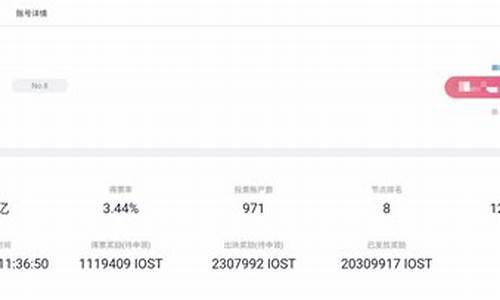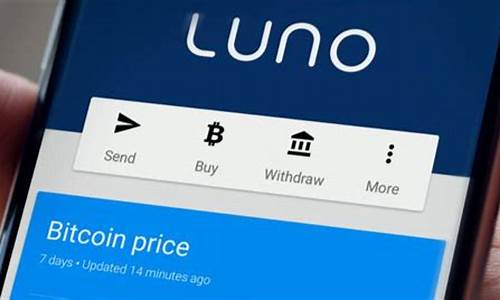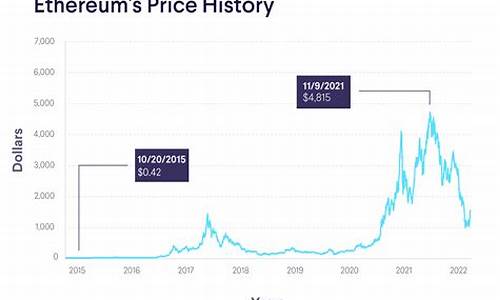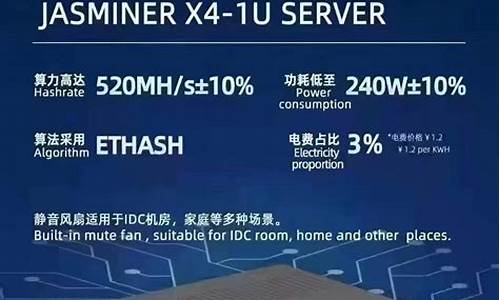
Digital currency is a new type of financial instrument that uses advanced technology to facilitate secure and fast transactions. It operates on a decentralized network, allowing for peer-to-peer transactions without the need for intermediaries such as banks. But how is digital currency written? In this article, we will explore the programming languages commonly used to develop digital currency applications.
The first programming language that comes to mind when discussing digital currency is Bitcoin's native programming language, which is called Bitcoin Script. Bitcoin Script is a stack-based, scripting language that allows developers to encode complex financial contracts into digital currency transactions. It is designed to be Turing-complete, meaning it can execute any computation that can be performed by any other computer program.
Another popular programming language used in digital currency development is Ethereum's Solidity. Solidity is a high-level, object-oriented programming language that is specifically designed for developing smart contracts on the Ethereum blockchain. Smart contracts are self-executing contracts with the terms of the agreement between buyer and seller being directly written into lines of code. They allow for automated execution of complex financial agreements, reducing the need for intermediaries and increasing efficiency.
Other programming languages commonly used in digital currency development include JavaScript, Python, and Go. JavaScript is often used for front-end development, creating user interfaces for digital currency wallets and exchanges. Python is a popular choice for back-end development, as it offers powerful data analysis tools and is widely used in the financial industry. Go is a relatively new programming language that was designed for concurrent and distributed systems, making it well-suited for blockchain technology.
In conclusion, digital currency is built using a variety of programming languages depending on the specific needs of the application. Whether it's Bitcoin Script, Solidity, JavaScript, Python or Go, these languages are essential components of the digital currency ecosystem and play a crucial role in facilitating secure and efficient transactions.







